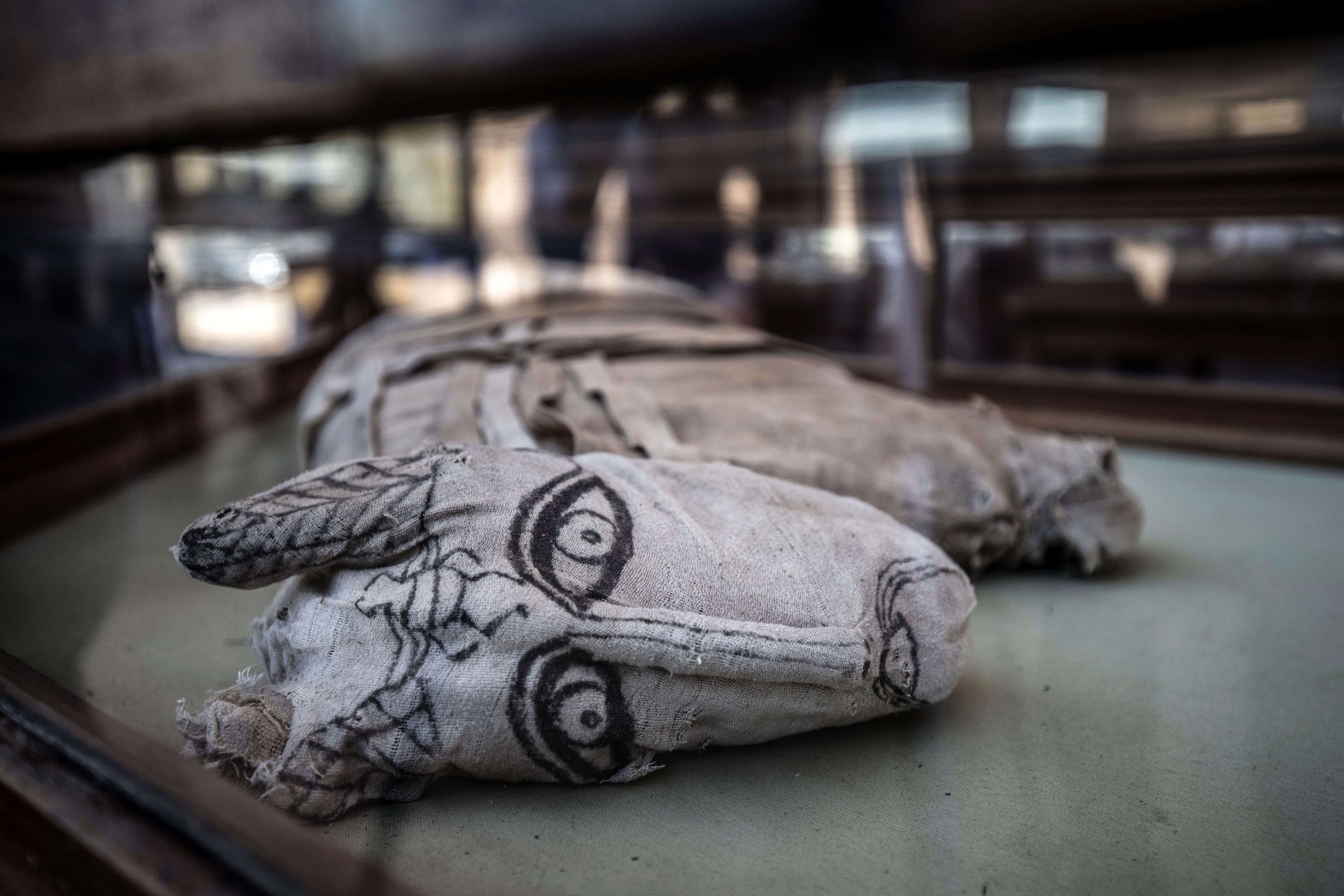Create a free profile to get unlimited access to exclusive videos, sweepstakes, and more!
The oldest pet cemetery ever is like Stephen King went to Ancient Egypt

Both Stephen King’s chilling novel and a far-flung Egyptian port were haunted by pet cemeteries, though in one, sometimes dead is better. The other was better for the dead.
Nothing is going to reanimate from a deserted pile of refuse that was previously thought to be little more than discarded bones and pottery shards. What is now believed to have been an ancient pet cemetery from the Roman Period of Egypt has been unearthed from a trash pit in what was once the city of Berenice. It reveals that animals were not always seen as utilitarian or sacrificial by our ancestors. Six hundred carefully buried cats, dogs and monkeys prove that, despite popular assumptions, the ancients did need emotional bonds that transcended species.
“The features at Berenice that were characteristic and different from temple animal burial sites included both the variety of species and the funeral practices accompanying the burials,” said archezoologist Marta Osypińska, who led a study recently published in World Archaeology.
These animals are unlike the ritual sacrifices which the Ancient Egyptians would mummify and offer to their gods. Thousands of such mummies — from dogs offered to jackal-headed embalming god Anubis, to cats for Bastet, and other animals that were thought to be living manifestations of deities — have been found. It depended on the cult of the god someone wanted to please (or appease). There is evidence that animals were particularly bred for this purpose. Most were relatively young when they were given to the underworld. Some, like baboons, were kept as sacred creatures by the pharaoh and mummified after a natural death.
What is different about the 2,000-year-old remains that emerged from Berenice is that none of them were sacrificed or mummified like most others laid to rest in the Nile Valley, and were not intended to honor any god. The people of Berenice were honoring the animals themselves.
Even archaeologists often have difficulty imagining the ancients with pets. Back in the days before machines would do the heavy lifting, animals pulled the contraptions that turned over farmland and harvested crops. They also provided transportation, food, and even specialized in hunting and pest control, among other things. It is possible that some of the cats which ended up in this pet cemetery were mousers. Berenice was a port city, and ships were often infested with mice and rats. Maybe there were guard dogs that howled at trespassers and bared their teeth in the faces of anyone who was a threat to their humans’ lives.
“Many scholars…argue that the concept of ‘pets’ was not known at all in the ancient world,” Osypińska said. “Animals would only play utilitarian and economic roles, possibly symbolic-utilitarian in some aspects of religious worship…The discoveries at the animal cemetery of Berenice add a whole new perspective and set of arguments.”
How the animals were buried in this necropolis appears to be a tribute to close relationships with their owners. Fragments of pottery were intentionally placed over deceased pets, with one dog covered by half a vessel that is almost like the lid of a sarcophagus. Others were wrapped in cloth. Many journeyed to the afterlife with the glass and shell collars and ornaments they wore in life, and some wore collars made of iron, which was rare in that region. There was one macaque found with a glimmering shell near its head.
Neither skill nor sanctification can explain the disabled pets for which Berenice was a final resting place. It could be that the animals with physical malformations developed them after long years of serving humans, and maybe a few perished from disease or injury. What is obvious is that they were cared for regardless. Some were spoon-fed because they were nearly toothless, and others were not able to get around easily. Despite what has been assumed of ancient societies, it is unlikely that people who saw animals as utilitarian or sacrificial would have kept such pets around.
There is something deeply human about how the people of Berenice treated their animals during an era when having pets wasn’t really a thing. We can probably rest assured that, unlike Church in Pet Sematary, no cat or anything else in this pet cemetery is coming back anytime soon.


























